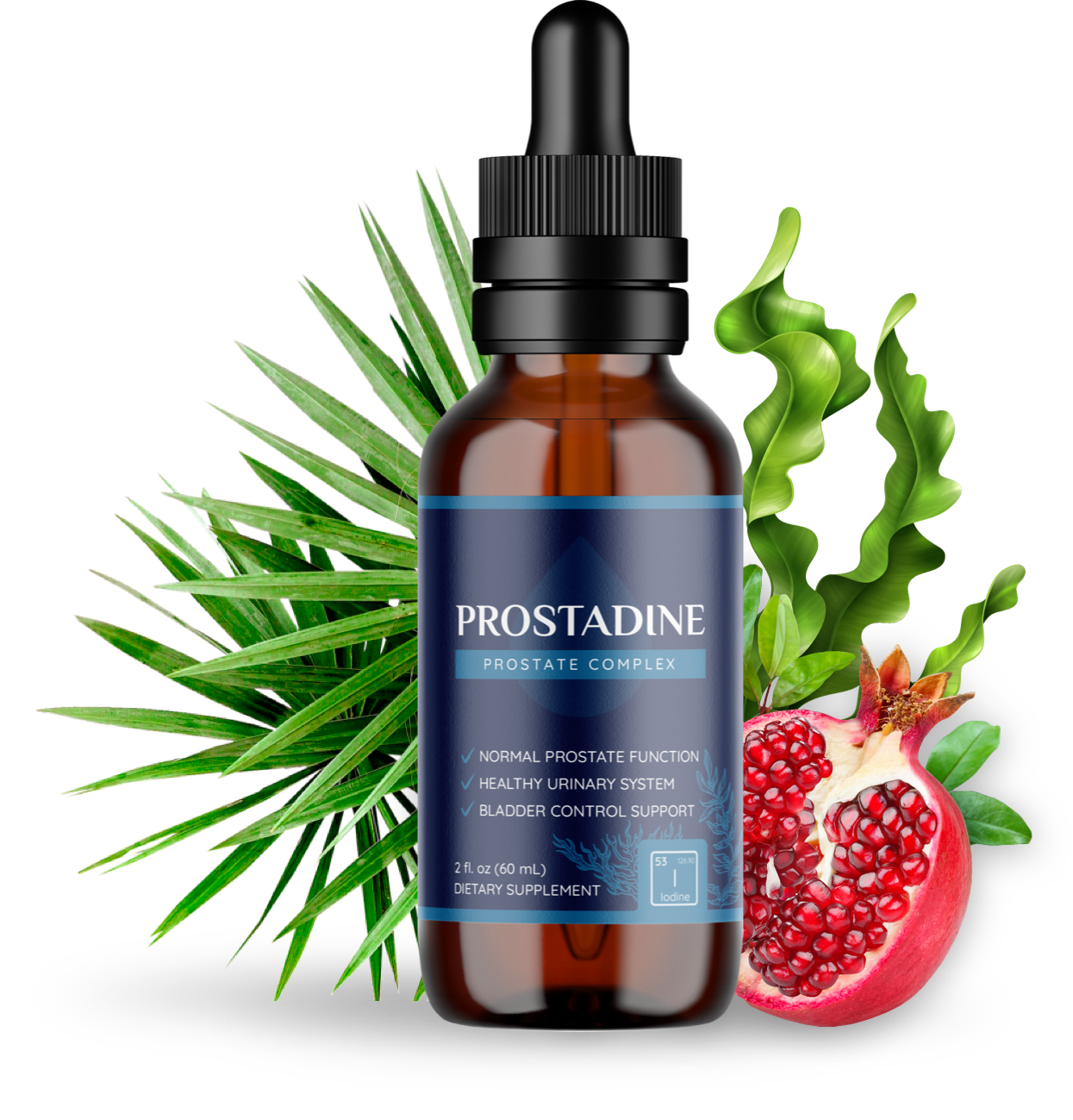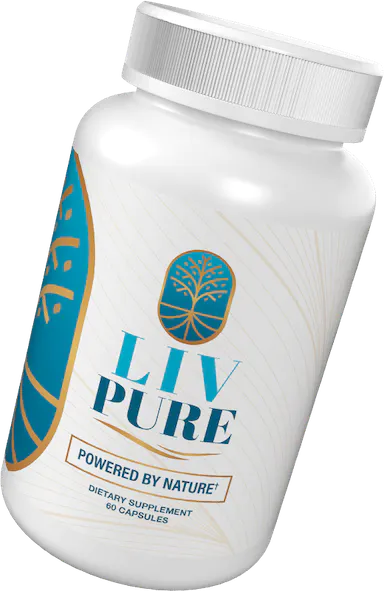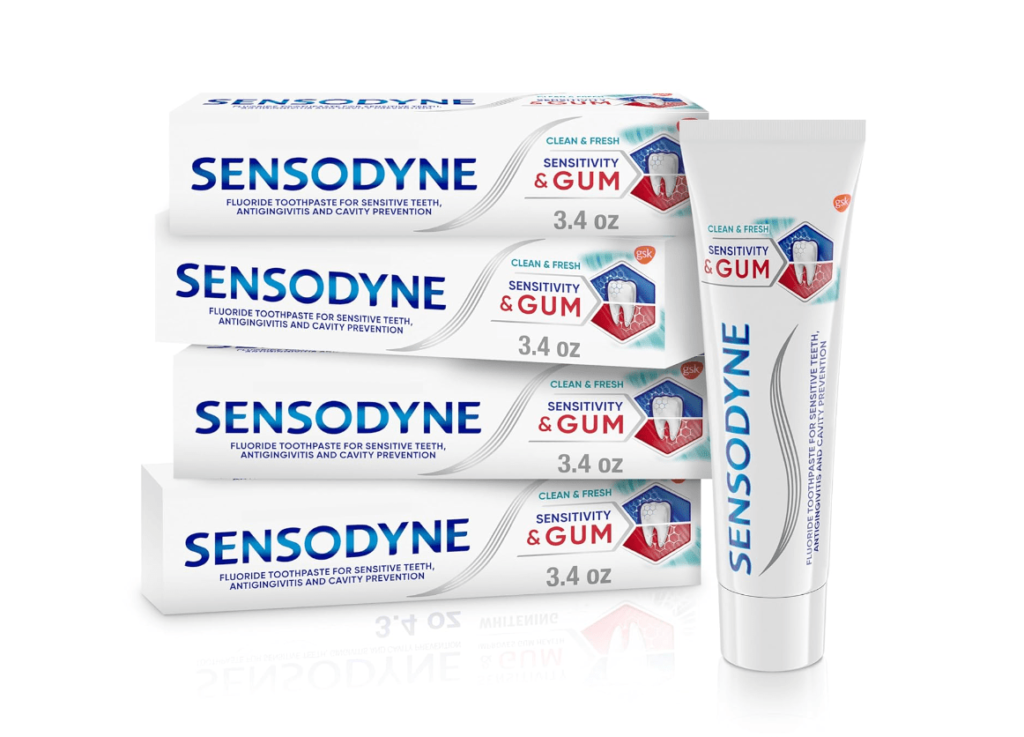Managing the influx of symptoms you get during menopause can feel like a game of medical whack-a-mole. When one symptom is finally under your control (maybe you bought cooling sheets to help with hot flashes or lubricant to help with dryness), another may pop up—even ones that aren’t often attributed to menopause by doctors or your fellow menopausal friends. One of those things? Dry mouth.
Yep, menopause mouth symptoms are definitely a thing. I had no idea my own perimenopause experience would come with sensitive gums, painful canker sores, and dryness. Since their onset, I’ve tried to self-advocate much more while I’m in the dentist’s chair. Sometimes, dentists can even spot the subtle oral health signs that menopause is on its way (or is already here).
Here, learn the most common menopause mouth symptoms that your dentists may point out, why they happen, and what to do to get relief.
What causes oral health issues during menopause?
Menopause mouth, like all symptoms of this pivotal life change, is brought on by hormone fluctuations as a person’s fertility declines. A drop in estrogen levels can cause dryness, and not just the vaginal variety one might normally expect, according to a May 2013 study in the Australian Dental Journal.
“During menopause, the body’s estrogen levels decline, leading to a decrease in saliva production,” says Daniel Croley, DMD, chief dental officer of Delta Dental of California and Affiliates. “Saliva is your mouth’s natural buffer—it cleanses the mouth, neutralizes acids, and protects against tooth decay and gum disease. Less saliva can lead to increased tooth decay and altered taste,” he adds.
While dentistry difficulties can happen at any time before or during your menopause transition, many of us don’t know about the connection. A recent survey conducted by Delta Dental found 84 percent of women aged 50 and over are unaware that discomfort in and around your mouth is often linked to menopause.
“Impacts on oral health can occur at any time during the reproductive years,” explains Robin Noble, MD, FACOG, a gynecologist, Menopause Society certified provider, and medical director at Intermed Ambulatory Surgery Center. “But significant impacts are more typical in menopause,” she adds.
6 oral health symptoms of menopause
The effects of “menopause mouth” can vary, and a person may get more than one oral health issue. Here are six of the symptoms most seen by doctors and dentists:
1. Dry mouth
We’ve likely all had a bout of dry mouth at one point or another. It often stems from breathing through your mouth, taking certain medications, or inhaling lots of dry air. But it’s also a common menopause symptom.
It’s estimated nearly half of menopausal women have decreased saliva flow compared to those still getting a period, according to a small November 2018 study in the Journal of International Society and Preventive & Community Dentistry. And as those saliva levels drop, xerostomia, or dry mouth, sets in. It’s an annoying, icky feeling that’s almost like you’ve swallowed sand.
2. Burning mouth syndrome
Burning mouth syndrome is medical-speak for ongoing burning in the mouth (think: on your gums, tongue, lips, inside your cheeks, etc.) without an obvious cause, per the Mayo Clinic. But during menopause especially, some people can feel intense stinging, tingling, and pain in and around their mouth without an injury. In fact, up to 33 percent of people in menopause have burning mouth syndrome, according to an older BMJ Clinical Evidence review.
Other possible secondary causes of burning mouth syndrome (besides menopause) may include the following, per the Mayo Clinic:
- Dry mouth
- Nutrient deficiencies
- Allergic reactions
- Certain medications
- Acid reflux
- Stress or anxiety
3. Cold sores or canker sores
According to an older 2010 study in Maturitas, menopause is associated with suppressed immune function—which is a primary factor in oral health. A lagging immune system often triggers painful eruptions in and around the mouth, including canker sores (I’ve definitely had a few, and ouch!) or cold sores. Some other signs of canker sores to watch out for include the following, per the American Academy of Dermatology Association:
- Burning sensation in mouth
- Sore throat
- Swollen lymph nodes
- Redness and swelling around the sore (on the lips, gums, or inside the cheeks)
4. Bleeding gums
Menopause can also wreak havoc on your gums, leaving them swollen, tender and more prone to bleeding and infection. According to Dr. Croley, hormonal changes can make gums more sensitive to irritants like plaque and bacteria, which increases the risk of periodontitis (i.e., gum disease) and tooth decay down the road.
I’ve personally found cleanings at my dental checkups have become more intense and painful, despite my flossing and brushing regimen. Pro-tip: Don’t be afraid to tell your hygienist to go a bit easier, or if you need a break during the cleaning process.
5. Tooth trouble
You’re at a higher risk of bone loss as your estrogen dips—including the weakening of bones in your jaw and teeth. People in menopause who also have gum disease are then hit with a double-whammy that may put the
Related Posts
Recommended Story For You :

The alpine secret for healthy weight loss

The Most Potent Fast-Acting Formula For Incinerating Stubborn Fat

Real Cortexi Users Real Life‑Changing Results

This Cold Drink Might Trigger Your Prostate

Red Boost is a powerful new formula for boosting male sexual health.

Everything you eat or drink eventually reaches your liver for processing.

Brand New Probiotics Specially Designed For The Health Of Your Teeth And Gums

Empowering You to Take Control of Your Blood Sugar Health!


